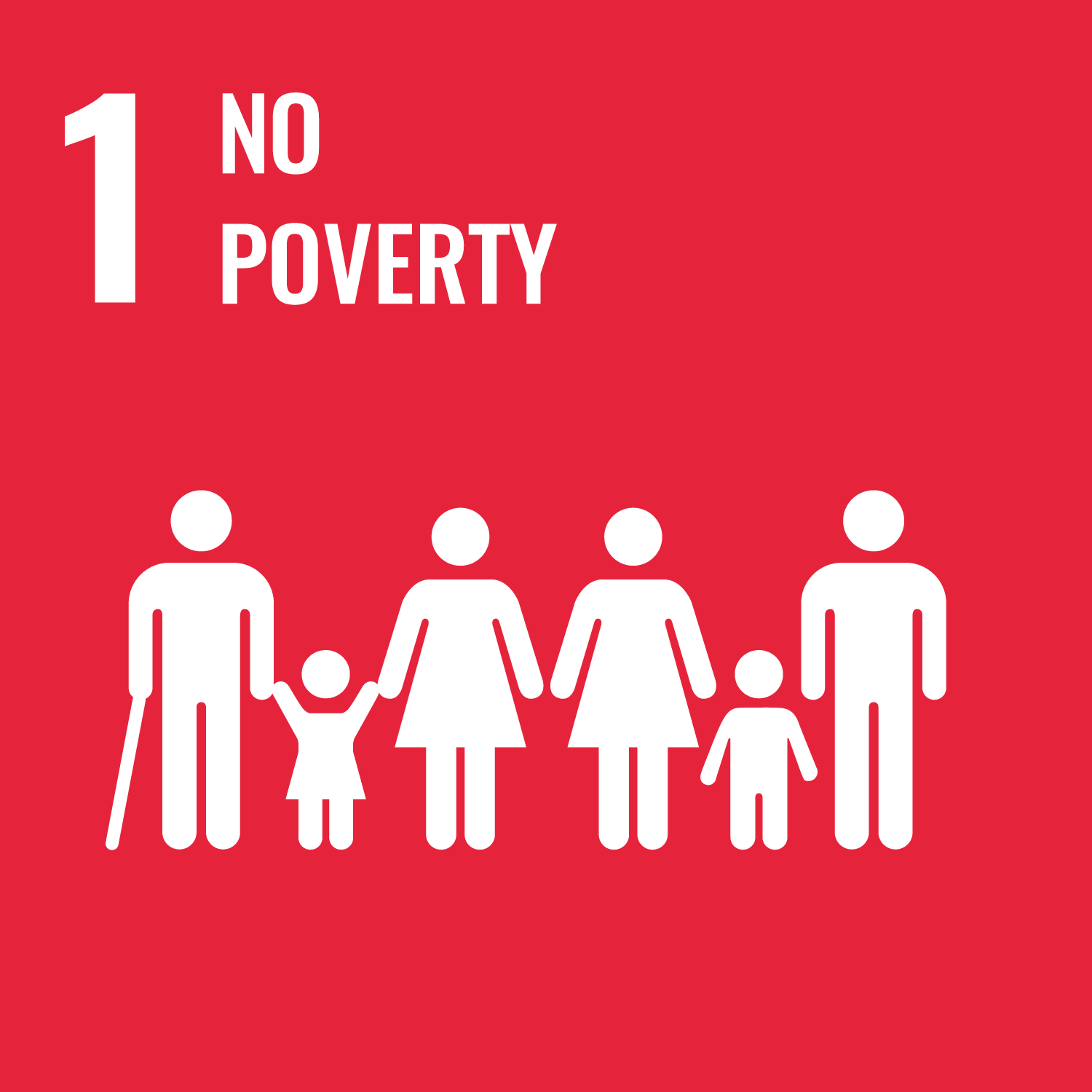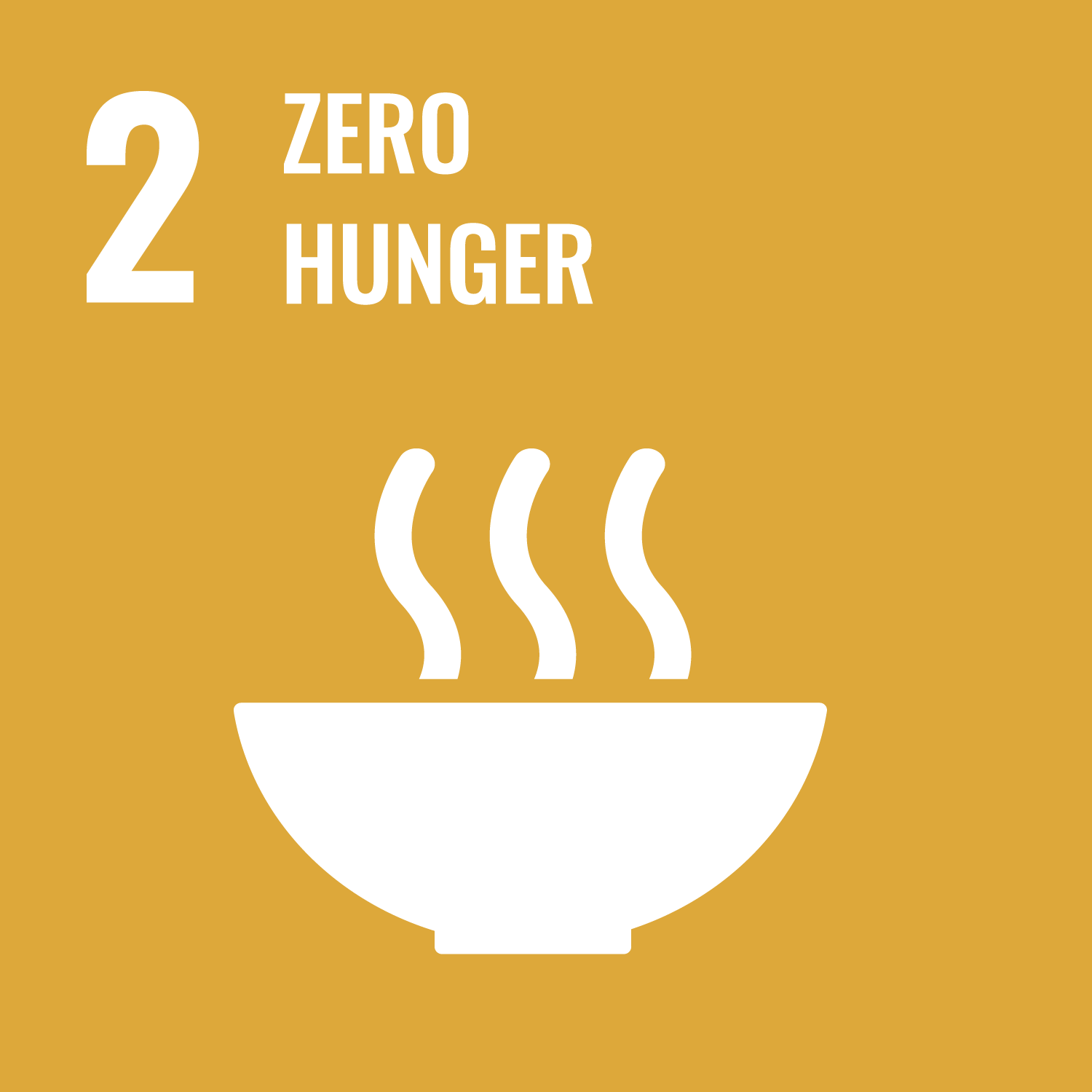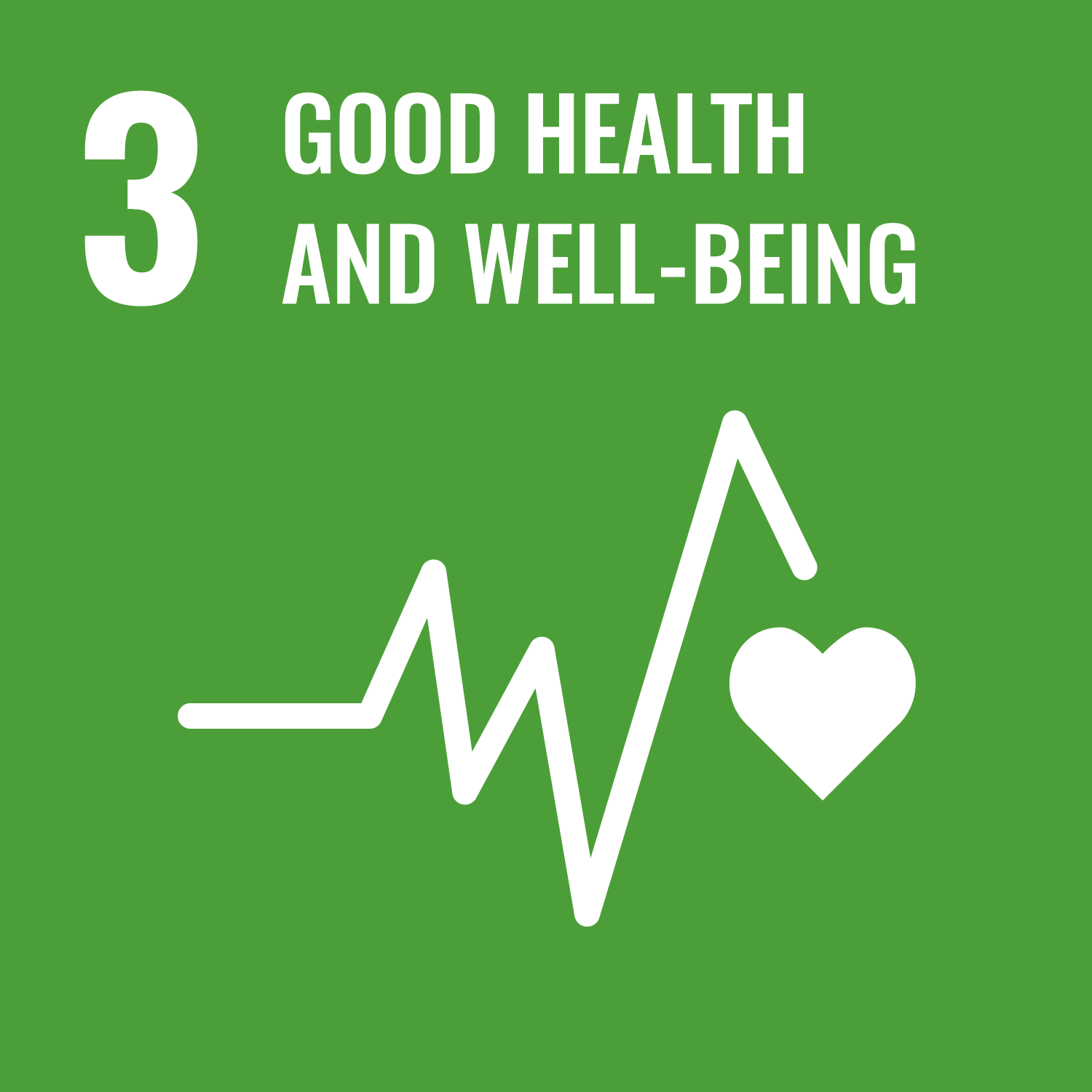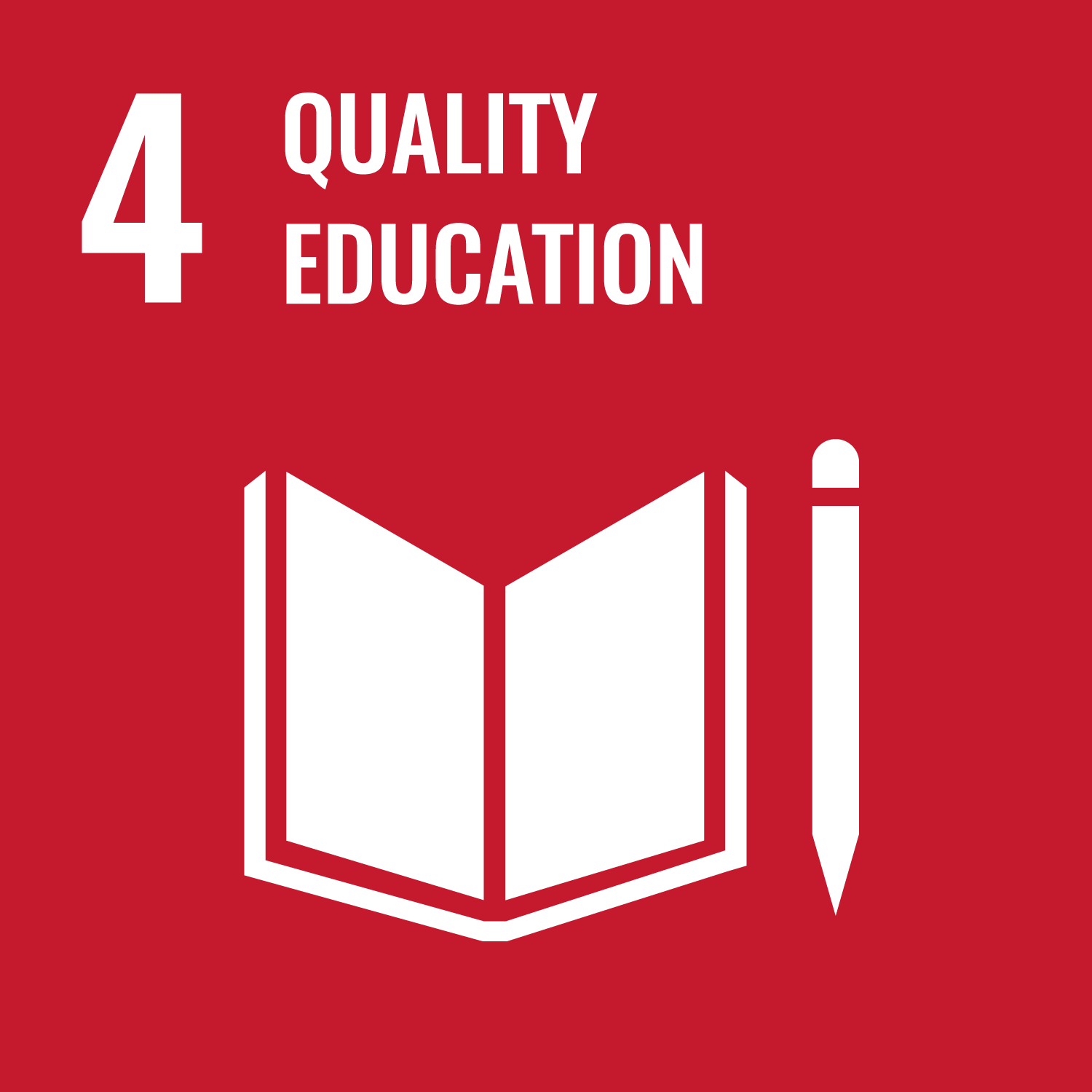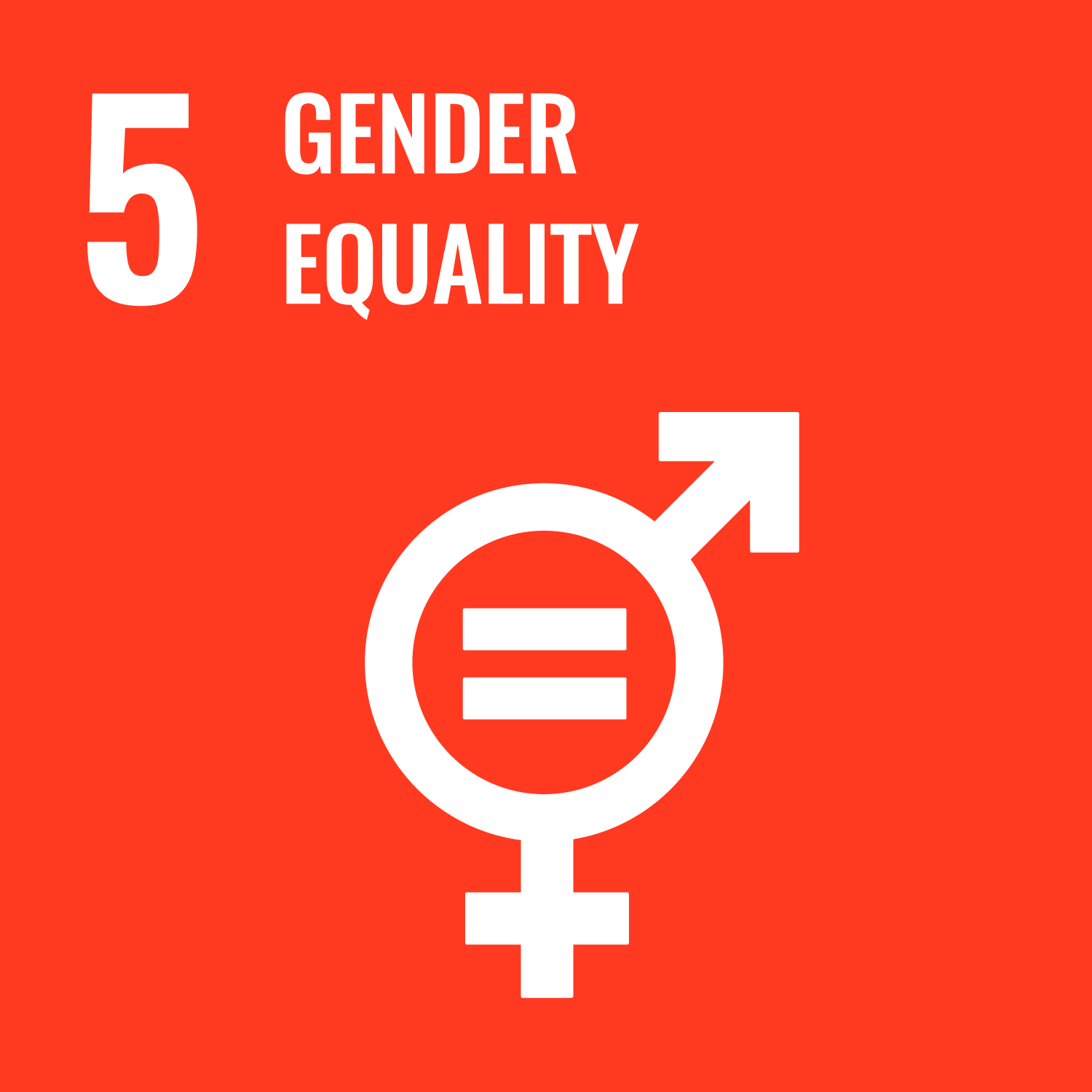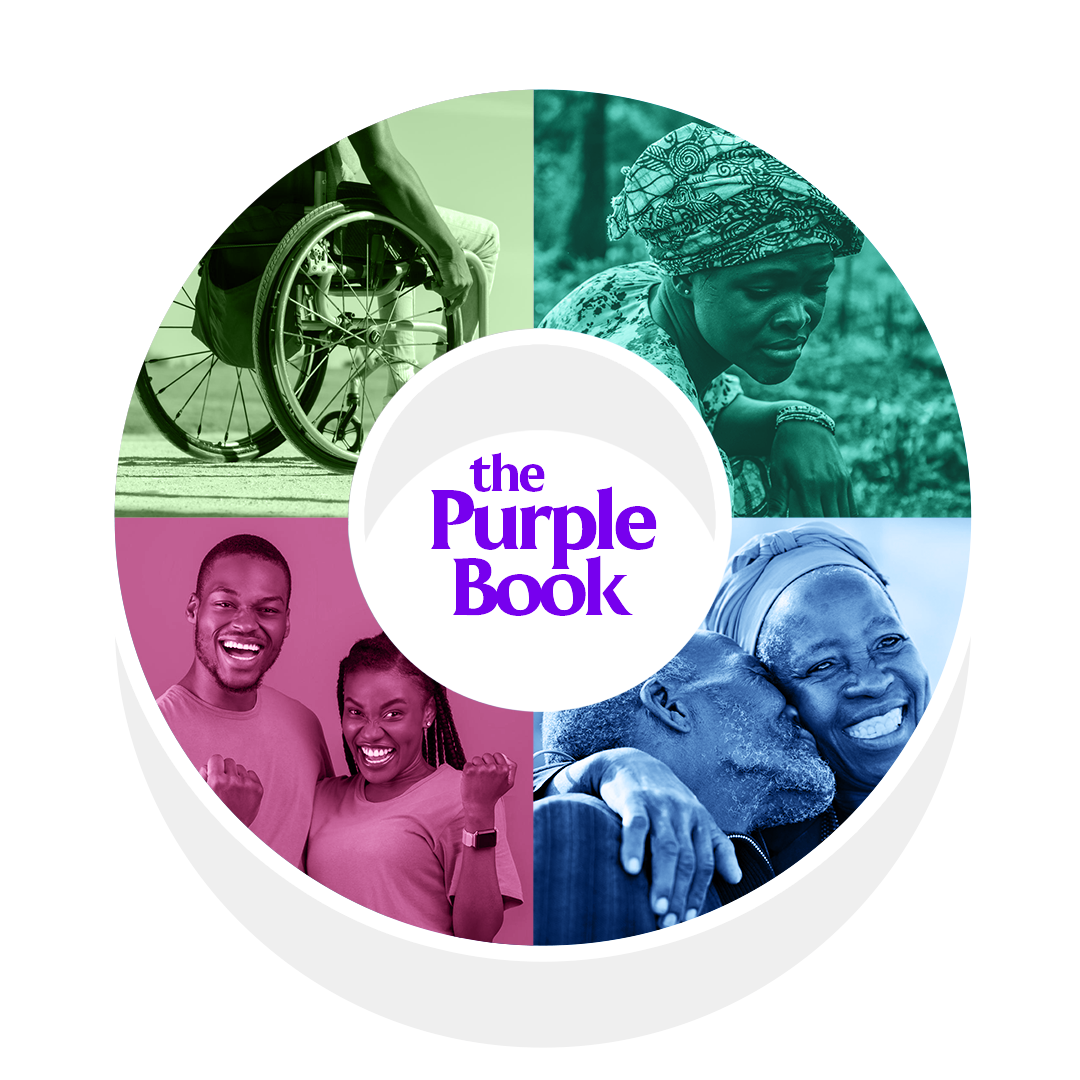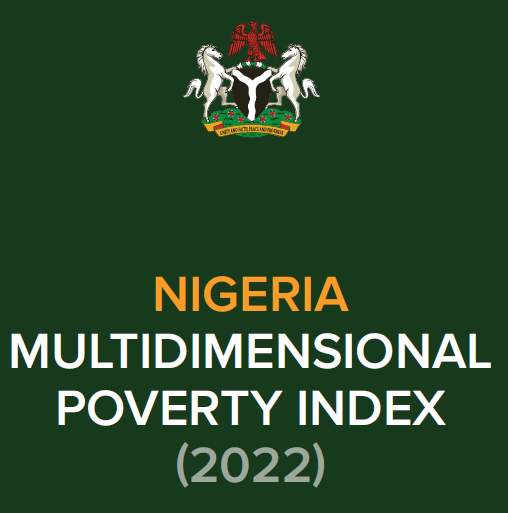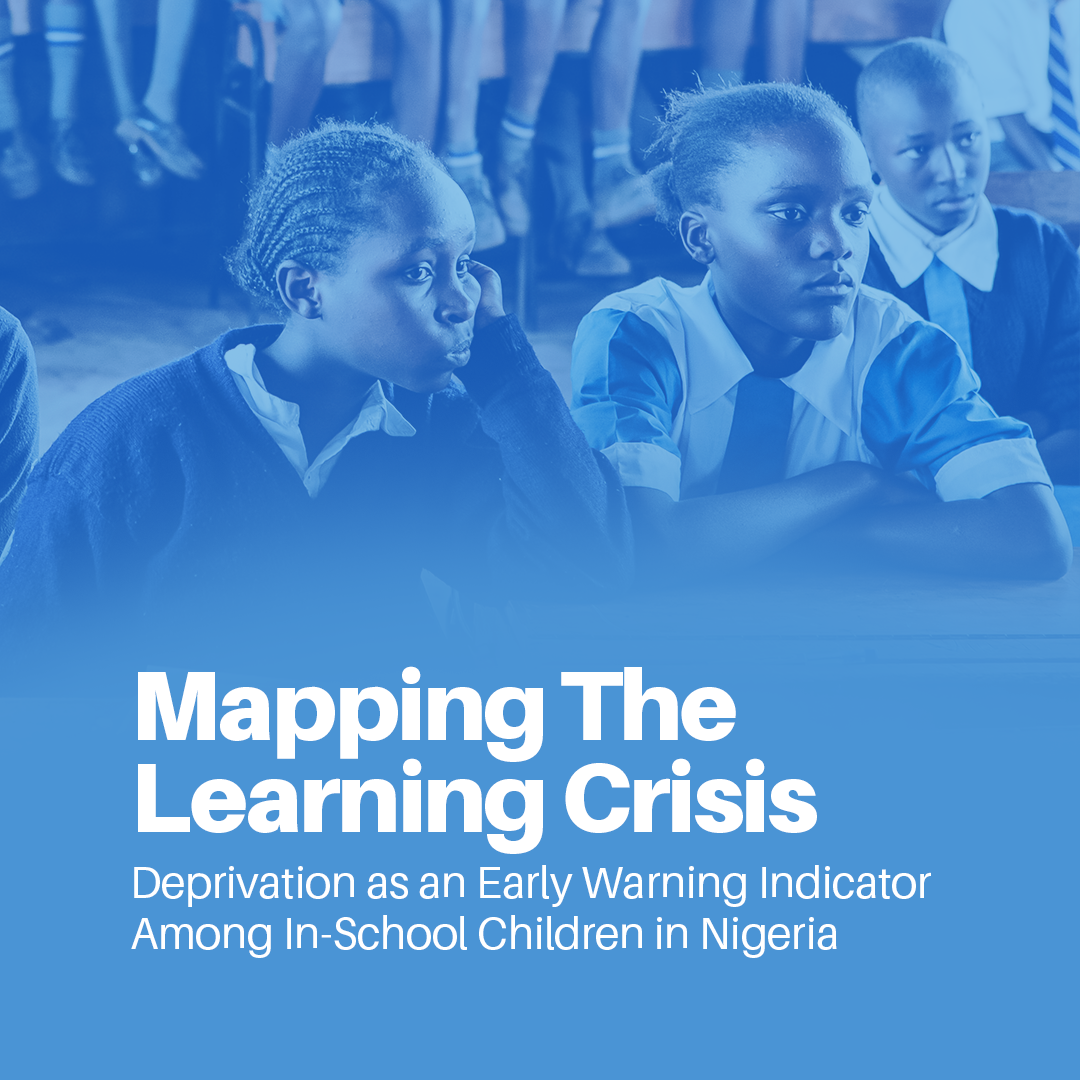Leave No
One Behind
A High-Level Forum on Sustainable
Development
Goals
Goal 1: No Poverty
No Poverty
The World Bank projects the number of Nigerians living in poverty will hit 95.1 million this year. The COVID-19 pandemic and its aftermath are reportedly pushing an additional 5 million Nigerians into poverty.
Nigeria’s growth rate is on the decline and the World Bank warns that distortionary policies—especially on exchange rates and trade—could further weaken Nigeria’s prospects for inclusive growth and poverty reduction.
Goal 2: Zero Hunger
Food Security
Nigeria is experiencing food shortages owing to the overwhelming losses recorded by farmers post-harvest. In a December 2021 report, ActionAid disclosed that Nigeria contributes about 51% of the total food supply in West Africa, but its post-harvest losses have increased to an estimated N3.5tn annually.
Goal 3: Good Health and Well-Being
Primary Healthcare
Healthcare delivery in Nigeria is severely underfunded. In 2001, Nigeria was signatory to the Abuja agreement, where African nations made a commitment to allocate 15% of their national budgets to healthcare delivery. However, 21 years after, the nation is still struggling to live up to this ideal.
According to a 2017 WHO report, 77% of healthcare spend in Nigeria is out of pocket. In the 2021 budget, the allocation to healthcare was 7% of the National Budget. In the 2022 budget, only 4.3% is allocated to healthcare.
Goal 4: Quality Education
Basic
Education
Enrolment and learning outcomes from the Universal Basic Education (UBE) initiative are abysmally low. According
to the United Nations Children Fund (UNICEF), about 10.5 million Nigerian children are not in school, even
though primary education is officially free and compulsory.
The UBE Act 2004 stipulates that parents have a duty to enrol their children in school and ensure they complete
the basic education cycle - with penalties for non- compliance.
Goal 5: Gender Equality
Gender Equality
Females are marginalised in access to education, healthcare and finance compared to their male counterparts in
Nigeria.
According to UNESCO Institute for Statistics in 2019, 40% of girls are out of school in Nigeria. Those who make
it into school have an average school life expectancy of 9 years, as against 17 years in the developed world.
In healthcare, Nigerian women are heavily short-changed in their reproductive rights, and suffer one of the
highest maternal mortality rates in the world
In finance, nearly 7 in 10 women are unbanked - with over half of them financially excluded.
